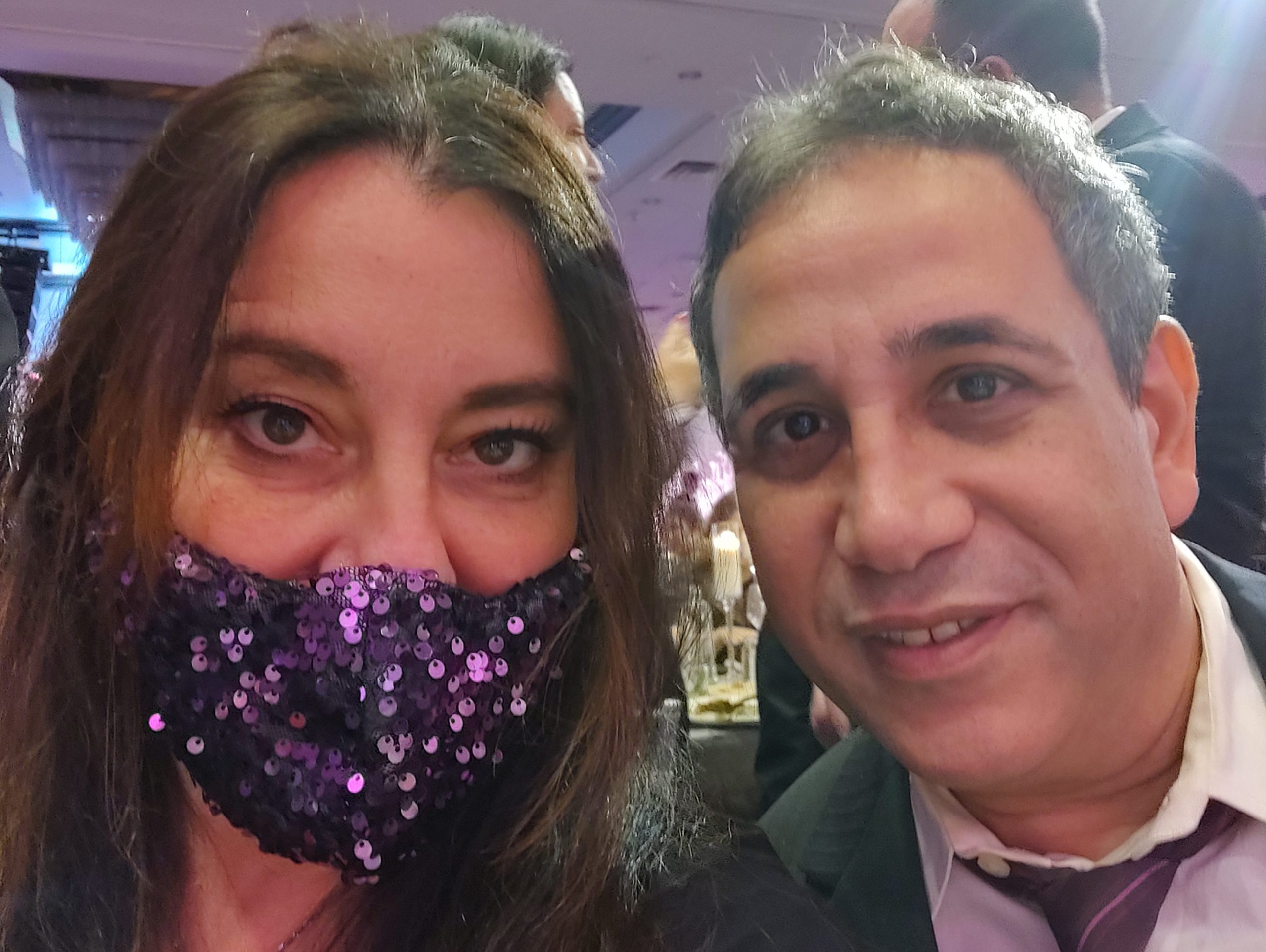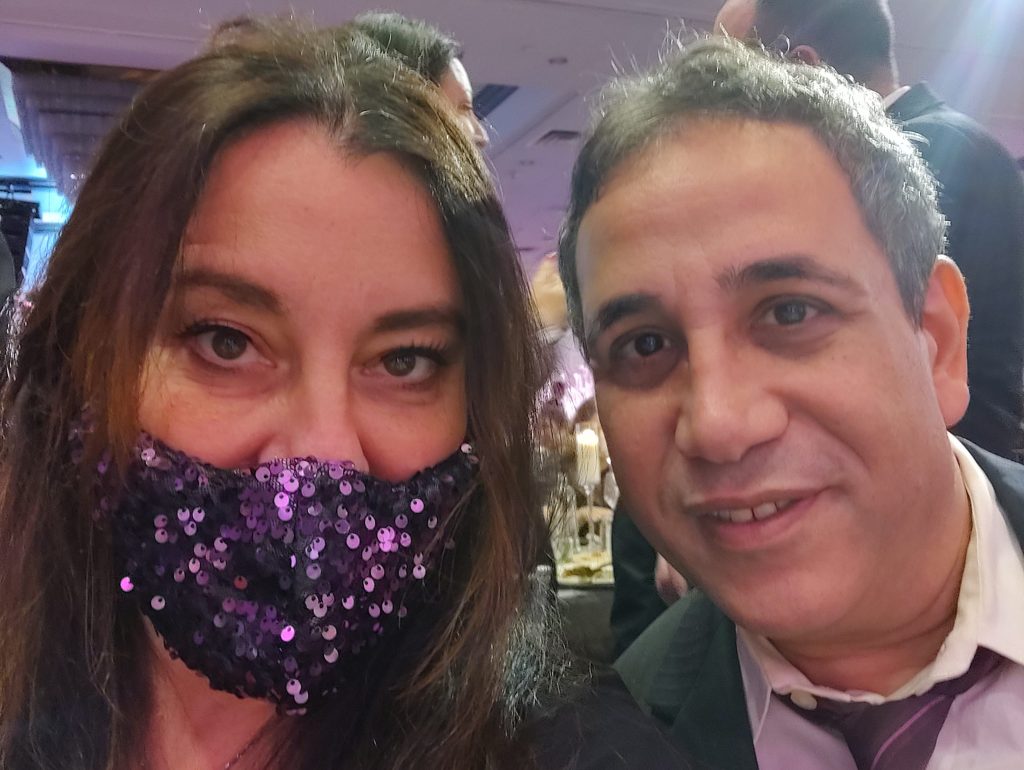
- My husband is a bit more relaxed than I am when it comes to masking during the pandemic.
- Many couples are going through the same, with different risk comfort levels.
- One therapist says these differences can cause resentment, especially when risk changes constantly.
"Aren't you going to wear a mask?" I wanted to say to my husband as we walked into the party, but I bit my tongue. I'd decided I had enough mask policing with our 6-year-old. For the health of my marriage, almost two years into the pandemic, I could no longer be on top of him, too.
It was the tail end of the Delta wave and what we did not realize was the beginning of Omicron. We were all vaccinated — my husband and I even boosted.
Since the beginning, we'd had different attitudes toward precautions during the pandemic, which has caused some tension in our relationship. As guidance gets more confusing on how to protect oneself against COVID-19, even within households people are taking a more individualistic approach, like one family member not wearing a mask at the grocery store. We are far from being the only couple approaching safety differently.
My husband has been less worried than me
"Can you pull up your mask?" I would say, elbowing him in the spring of 2020 on the streets of New York City when we did not yet know that outdoor transmission was unlikely. To be fair, I usually appreciate his calmer and more rational attitude. It often keeps me grounded.
I did not consider myself one of the overly cautious ones. From the start, I'd refused to wash my groceries or change out of my street clothes when entering my house, the way my sister, who was in my early "pod," wanted me to. But I was more worried than my husband.
Many couples are not on the same page when it comes to COVID-19 safety, including socialization, masking practices, and even beliefs about the vaccine.
"My brother needed the vaccine for work, but his wife thinks it's evil and believes all the conspiracy theories," said my friend Nicole, who didn't want to give her full name so as not to cause trouble in her brother's marriage. His wife refuses to vaccinate their three kids. "I don't think they are even able to have a rational conversation about it."
"This is not an easy time for couples," the therapist Yariv Hofstein told Insider. "Like many other individual differences, different ways to cope with the risks involved in COVID-19 can create tension and anger, in particular, because one's behavior can put the other at risk — many people feel that they constantly need to compromise and do things that they otherwise wouldn't do for themselves."
Some couples say one thing and do another
"I had drinks with my friend, and he had concocted a lie that we were drinking outside to satisfy his wife," said my colleague Joseph — who did not want to out his friend, whom he described as "more relaxed," while the wife is "highly concerned."
My daughter's classmate could play at our house only if she kept her mask on, a request that came from her dad. The mom confided in me that if it were up to her, she'd be more lax.
Hofstein said one member of the couple engaging in what the other considers risky behavior can lead to blaming and resentment, and so can feeling limited, especially since what's considered safe has become grayer and grayer.
It's true that when my husband came down with COVID-19, sometime after a party he attended maskless, I was regretting my "live and let live" attitude.
So was Nathalie Carpenter, the founder of Well and Luxe wellness marketing. "Once COVID fatigue set in, I was intent on keeping it away from my family, but my husband was more of the 'everyone will eventually get it,' position." While traveling for Christmas, she wore K95 masks, but her husband only wore a cloth mask at the airport. Three days later he tested positive and she had to isolate and take care of their daughter while staying at a vacation rental.
"At first I was enraged," Carpenter said, especially because their 4-year-old had just finished a weeklong preschool quarantine. "But then I felt bad for him. And he felt really bad, too."
In the end, it's like any other issue in a relationship, Hofstein said. Agree that you have different points of view and choose your battles.
